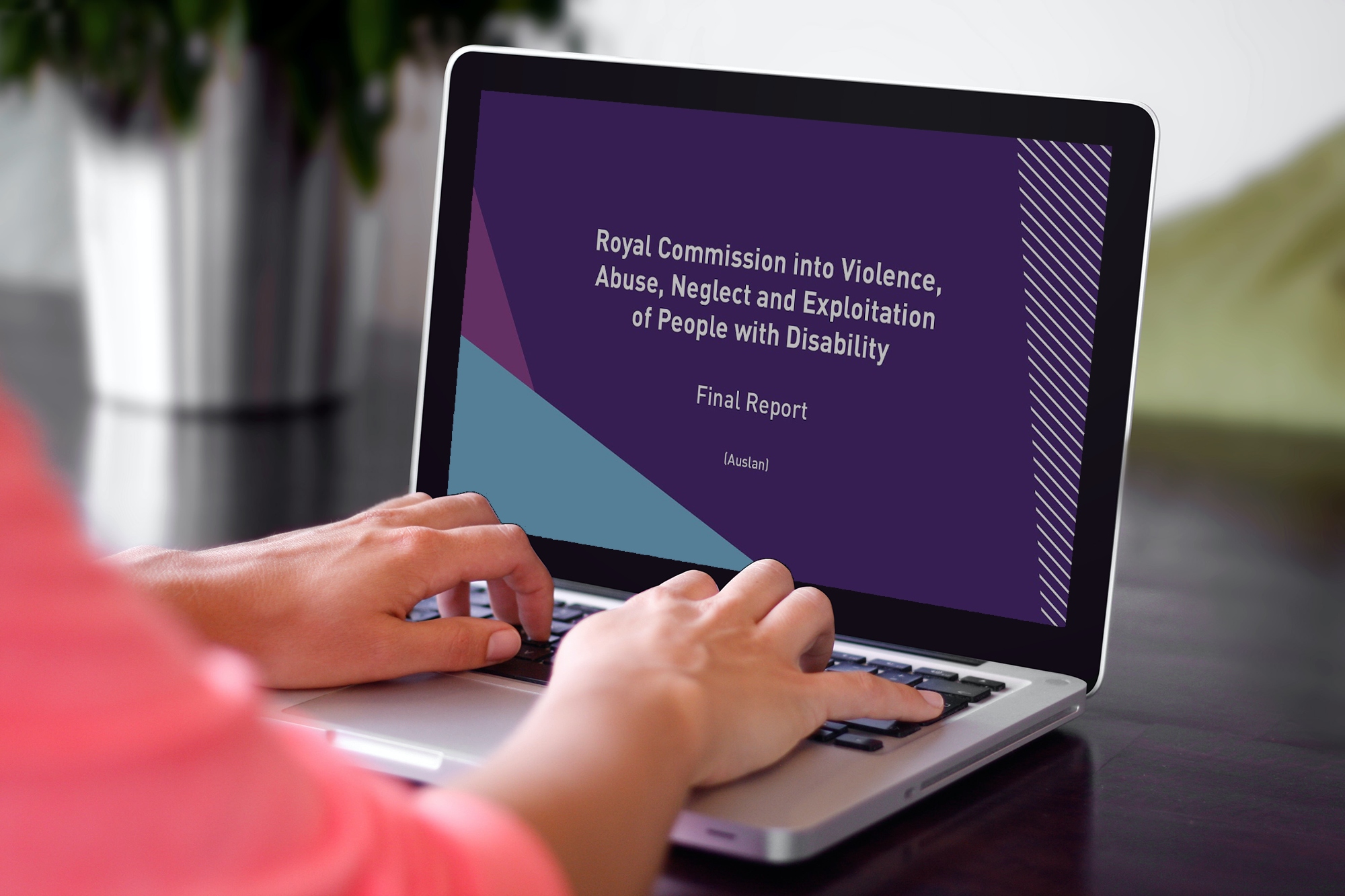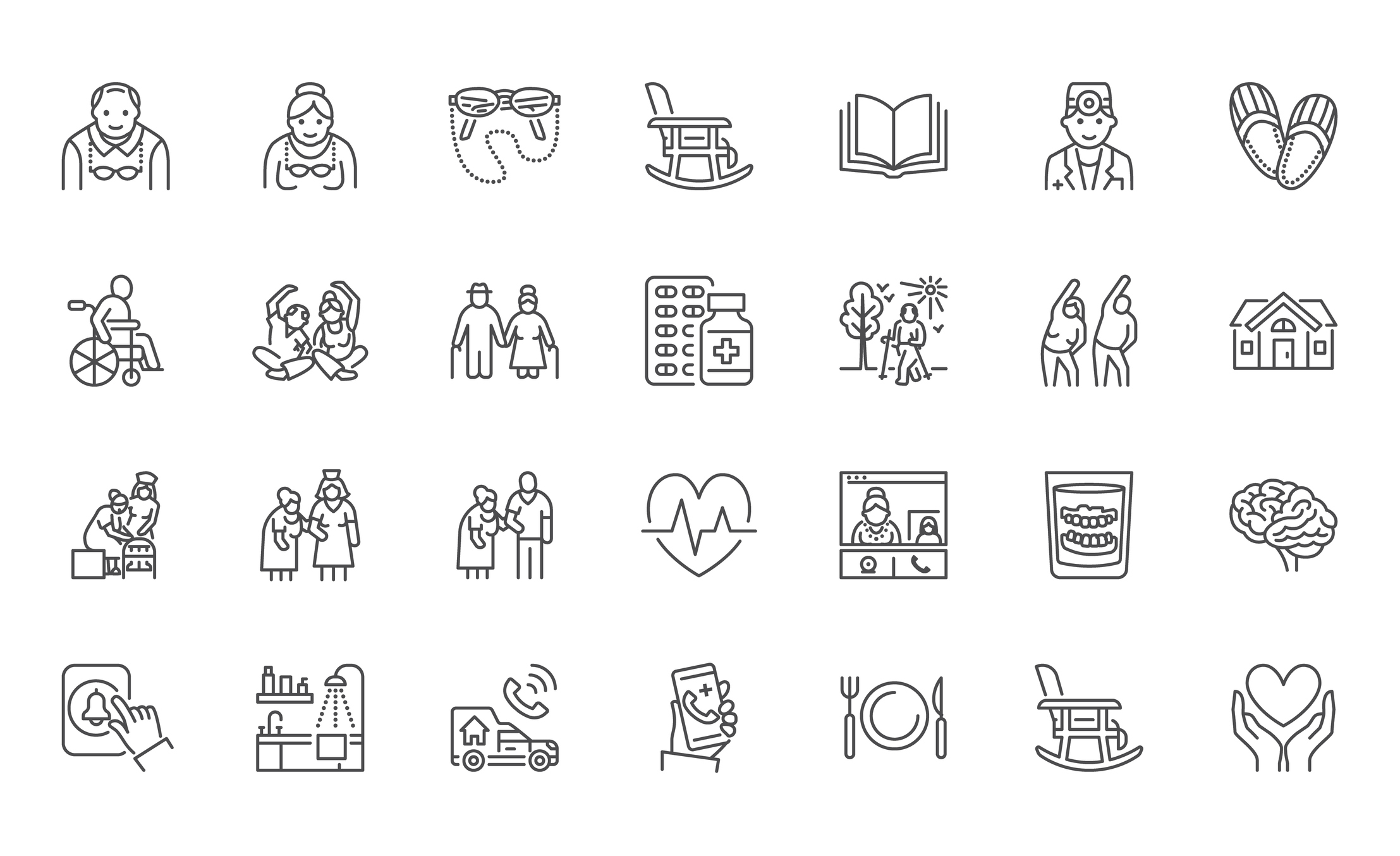Last year we provided an update on where each state and territory was at with their implementation of the National Principles for Child Safe Organisations (the National Principles). You can read about that here.
Many of the states and territories have since progressed with their implementation of the National Principles, so we wanted to provide an update on where each state and territory is at now.
New South Wales
In mid-2020 the NSW Office of the Children’s Guardian (OCG) released the NSW Child Safe Standards. The Standards align closely with the National Principles. Late last year the Children’s Guardian Amendment (Child Safe Scheme) Bill 2021 passed in NSW parliament. This Bill embedded the NSW Child Safe Standards as the primary framework guiding child safe practices in NSW.
The Bill came into effect on 1 February 2022 and requires a broad range of organisations who work with or provide services to children to implement the NSW Child Safe Standards. The bill provides the Children’s Guardian with powers to monitor the implementation of the Child Safe Standards. For more information on the child safe requirements in NSW, as well as an overview of which organisations are “child safe organisations” to whom the Standards apply, refer to our previous blog post on the changes to child safe legislation in NSW.
Victoria
The new Victorian Child Safe Standards came into effect on 1 July 2022. They also closely align with the National Principles, however there is one additional Standard (Standard 1), concerning cultural safety for Aboriginal children and young people, and two additional indicators in Standard 3 around empowering children and young people.
The Commission for Children and Young People (CCYP) works with co-regulators to regulate all organisations that must comply with the Standards. They have stated that their focus initially will be on informing and educating organisations about their obligations under the new Standards. From January 2023, the CCYP will expect organisations to have more comprehensively implemented the new Standards. See our previous blog post for more information on the Victorian Child Safe Standards.
Queensland
In December 2019, the Queensland Government began initial consultations in relation to the establishment of a child safe framework. The Government was considering their options for building a stronger legislative, policy and practice framework for child safe regulation.
Since then, the Department of Children, Youth Justice and Multicultural Affairs has aligned their policies and procedures with the National Principles. Their fourth annual progress report outlines that the actions for aligning their policies and procedures with the National Principles are planned for delivery or completion during 2022. At this stage, we’re not aware of any further update on implementing and regulating the National Principles in Queensland.
South Australia
The National Principles for Child Safe Organisations have replaced the former South Australian Principles of Good Practice. The updated requirements began on 1 July 2021, and require all organisations developing child safe policies and procedures to:
- Align these with the National Principles, and
- Reflect the SA legislative context.
Organisations were previously required to lodge a compliance statement against the South Australian Principles of Good Practice. The changes mean that in their next policy review process, organisations must ensure that their policies align with the National Principles.
The Department of Human Services South Australia is responsible for the implementation of the National Principles and the monitoring of organisations’ compliance statements.
Tasmania
The Tasmanian Government has begun the process to implement child safe standards for their state. The Child and Youth Safe Organisations Framework will be a legislatively mandated framework comprised of child safe standards and a reportable conduct scheme. Their child safe standards will closely align with the National Principles, but will be adapted to the Tasmanian context where required. The Department of Justice Tasmania is responsible for developing the framework.
The process to develop and implement the Framework is expected to go for 3 years. The indicative commencement date of the Framework is 1 January 2024. More information can be found here.
ACT
We are not aware of any further developments in the ACT since our previous blog post.
In October 2019, the ACT Government decided to regulate the Child Safe Standards in the Territory and began the development of a scheme. Public consultation ran from November 2019 until February 2020. The Government stated that the language of the ACT standards would be similar to the National Principles, but would also take into close consideration the Victorian and NSW versions of the Standards.
The Government had planned to develop legislation during 2020, however they stated that due to the COVID-19 pandemic the Bill to introduce a Child Safe Standards scheme was delayed and would be rescheduled for introduction at a later date. For more information click here.
Western Australia
Western Australia currently has a voluntary approach to the implementation of the National Principles, focused on capacity building, led by the Commissioner for Children and Young People (CCYP), while options for legally requiring implementation are developed.
The Department of the Premier and Cabinet is leading the development of a system of independent oversight in partnership with key government agencies and the CCYP, which will include the monitoring and enforcing of the National Principles for organisations engaged in child-related work.
The Department of Communities is leading the implementation of the National Principles through a range of administrative and legislative levers such as funding agreements and regulatory frameworks. They are also providing support to government and non-government agencies to implement the National Principles in preparation for independent oversight.
In April this year, the Department of Premier and Cabinet published a consultation summary report. This gathered information on the current progress, awareness and barriers to implementing the National Principles. At this stage we are not aware of a specific timeline on implementation of the National Principles in WA.
Northern Territory
There are no general child safety standards currently in force in the Northern Territory. Territory Families operates the Quality Assurance Program, however this applies specifically to children in out of home care. The National Principles have been endorsed by the NT Government, but compliance is not monitored. The Northern Territory has not yet indicated a timeframe for implementing the National Principles.
How can SPP help me meet my child safe obligations?
We have self-assessment modules, policy templates and other resources, in SPP for the:
- National Principles for Child Safe Organisations;
- NSW Child Safe Standards; and
- Victorian Child Safe Standards.
In partnership with Australian Catholic Safeguarding Ltd, we have also built self-assessment modules for the National Catholic Safeguarding Standards, which create a framework for Catholic entities to promote and ensure the safety of children and adults at risk.
We will be closely monitoring the progress of other states in their implementation of the National Principles, and we plan on adding new self-assessments for new standards that arise from the implementation process.
To access these self-assessments and all of our child-safe resources, log in to SPP.


